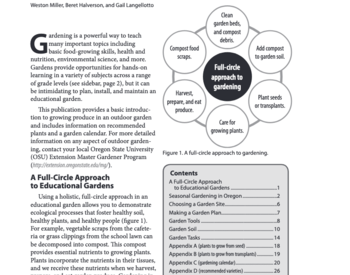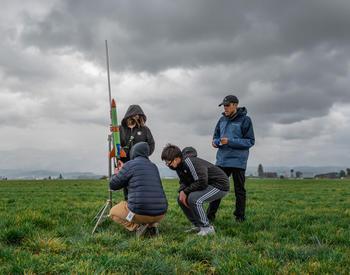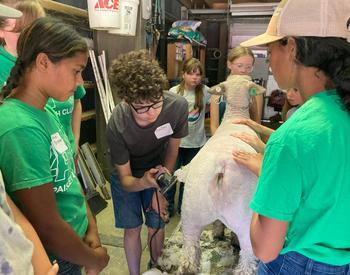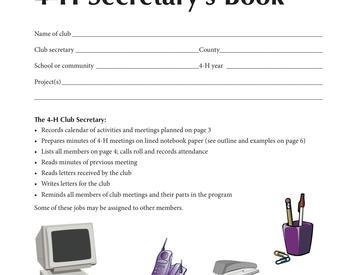Most seniors don’t realize what their last year of high school can bring if they aren’t prepared and organized for it. These are some common questions and struggles I have encountered in helping seniors prepare.
Seniors — are you ready to apply for scholarships? Have you made a college visit? Have you taken SAT/ACT? FAFSA? Deadlines? Decisions?
There are many ways to prepare for life as a senior who is getting ready to attend college. Two big ones are:
- Get organized using whatever system works for you.
- Communicate with your parents.
As a senior, you need to know deadlines and how fast they approach. Creating a file system organized by each month of your senior year can help you effectively track scholarships, college application dates, registrations and much more. By labeling everything by month, you can place important deadlines in your file so you know what is coming up.
- Seniors need to save their documents every time they send them. Don’t rewrite essays if you don’t have to. Tweak them for the scholarship or application and then send them again.
- Let your parents know your dream school. Let them know what you want to do and where you want to live. I often talk to students who tell me what their parents want them to do. If you don’t speak up, they don’t know if you have a plan.
- Search for scholarships at the schools you are considering, groups in your local area, your high school’s resources, and with organizations you belong to. Look for scholarships from the year prior – they will often be available the next year too. One great resource for scholarships is the Office of Student Access and Completion (OSAC).
- Fill out the FAFSA. Sit down with your parents and take an hour and just do it as soon as you can after October.
- If you are considering a college, then plan a visit! How do you know what to expect or if you will like it if you don’t go visit with your family? Visits are free and include a tour of campus and time to ask questions – set up a visit with OSU!
- Find out when the SAT/ACT are offered and take them. Have this ready for when you are filling out applications. Note: Some colleges and universities don’t require you to take the SAT/ACT — find out admissions requirements for each school you are interested in to see if these tests are required!
- Don’t be afraid to apply to more than one school. Keep your options open. With other schools come other financial aid packages and resources.
- If you are an athlete reach out to the coach and make a portfolio for yourself.
- Ask for letters of reference before the day they are due. If you have a monthly organization system, you know this is coming up. Don’t wait. Don’t be afraid to ask for a revision and use it again.
- Write down your passwords! Usernames and your parents’ passwords and usernames to things like FAFSA and other portals. Know what emails and cell phones you use to verify. And be sure to check your emails — this is where colleges will send all important information.
Good luck in navigating the systems. Remember there are folks like Open Campus out there that are there to help you. Ask for help. People want to see you succeed!


















